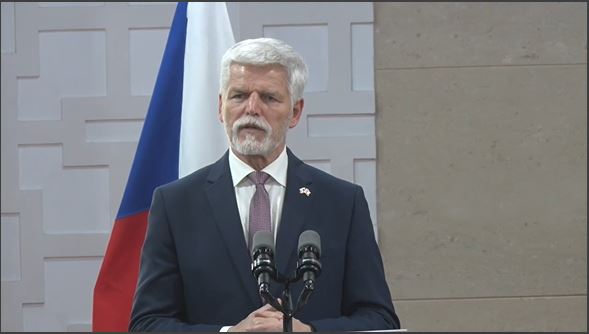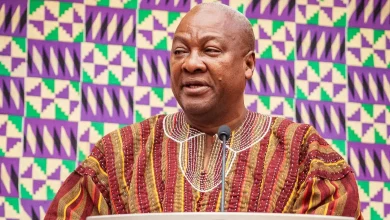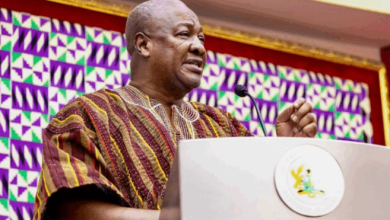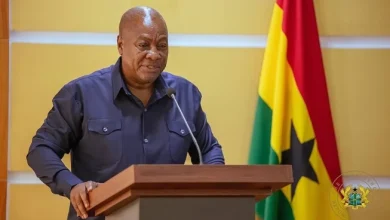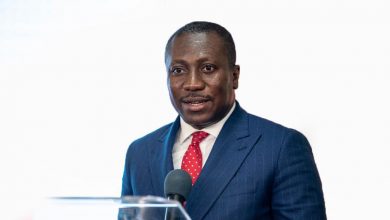President Mahama Criticizes US Tariffs as Threat to Global Trade
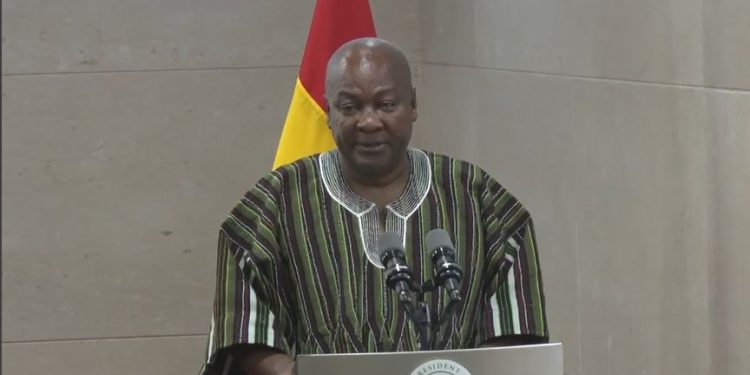
President John Dramani Mahama has expressed concern over the recent decision by the United States to impose tariffs on imports from all countries, including Ghana.
The move, announced by U.S. President Donald Trump on April 2, 2025, was enacted through an Executive Order under the International Emergency Economic Powers Act of 1977 (IEEPA). U.S. officials claim the tariffs are necessary to address economic and national security threats stemming from persistent trade deficits.
During a bilateral meeting with the President of the Czech Republic, Petr Pavel, on Tuesday, April 8, President Mahama criticized the decision, highlighting its potential to disrupt global trade relations and harm economies like Ghana’s.
He warned that unilateral actions of this nature—taken without a consistent trade-based framework—risk undermining international cooperation and development.
“Many of the factories that have set up there might look for areas where they can receive cheaper tariffs to be able to export into the American market. So it has very severe implications for everybody,” he cautioned.
“I believe that a multilateral world serves us all better than a unilateral one, where people just make decisions based on only their own country. We must look at global interest and partnership rather than our national interest,” he added.
Adding his voice to the concerns, Czech President Petr Pavel agreed with President Mahama’s position and emphasized the potentially devastating effects of the U.S. decision on global economies.
He called for diplomatic engagement with the United States to reconsider its stance.
“I think imposing tariffs in such a way doesn’t help the situation in the U.S., Europe, and other countries. Tariffs are damaging everyone. In my view, it is unfortunate to impose such a wave of tariffs without negotiating. I think that we have to collectively address the United States to rethink this approach and to renegotiate.
“I think that through negotiation, we can achieve results that will be beneficial for the United States but also not destroy other countries. Because by damaging other countries so much, it will create many problems that will have to be dealt with later on—and that may be more costly than reducing the pressure on tariffs,” he stated.
